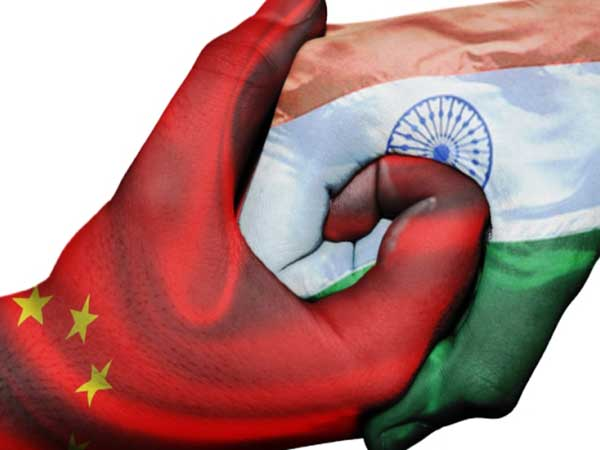
In 2023, the news of the Indian government's suppression of Chinese enterprises frequently appeared on the hot search, and the suppression methods also rose from the dark, and even directly arrested a number of senior executives of Chinese enterprises. Although the Chinese government intervened to quell several incidents, from a number of details and the overall background of China-India relations, India's determination to suppress Chinese enterprises is far from over, and how long it can last has become a topic of concern to many people.
From a global perspective, it is difficult to change the growing tension between China and the United States in terms of politics, economy and national security, but in recent years, China-India relations have also continued to deteriorate, and the two sides have been constantly frictions in many areas. In recent years, the Indian government's action to suppress Chinese enterprises has never stopped, and the United States seems to be leading the implementation of containment of China, but India also has its own calculations.
First, economic competition and concerns are one of the important reasons for India to vigorously suppress Chinese enterprises. As the world's largest developing economy, China's competitiveness in the global market is obvious to all, and it is not an exaggeration to say that it is a leader in many fields. The technological prowess and market share gains of Chinese companies pose a threat to India's economic standing. In addition, Chinese investors have rushed into the Indian market and competed fiercely with Indian companies, further adding to the unease and worries in India.
Second, geopolitical factors are also the main reasons for India's crackdown on Chinese companies. In India's view, China has become the hegemonic power in the region. China's influence in South Asia and Southeast Asia continues to expand, while the construction of the China-Pakistan Economic Corridor is a direct threat to India's geostrategic interests. In order to protect its geopolitical interests, India has chosen to take measures to suppress Chinese companies.
Especially since the outbreak of the Galavan Valley conflict three years ago, India has frequently started to block more than 200 Chinese mobile apps on the grounds of national security, while many Chinese companies have also begun to get caught up in tax and money laundering troubles.

Finally, there is the cultural factor. China and India have a long cultural tradition, but due to historical reasons and different national development paths, there are misunderstandings and suspicions between the two countries. India is concerned about the cultural shock from China, fearing that its national spirit and cultural values will be touched. This cultural clash has also led to India's boycott and crackdown on Chinese companies.
So how long will the crackdown continue for Chinese companies that have invested heavily in India? Based on the above three points, there will be no improvement in the short term, and India wants to use these issues to put pressure on China and maintain its dominance in South Asia. In addition, in the context of Europe's "decoupling from China" in recent years, India also wants to focus on creating Made in India, so the "removal of donkeys" of Chinese enterprises will not end in a short time.
Therefore, in the context of China-India relations, India's behavior of breaking through the offline cannot be underestimated. At the same time, Chinese enterprises should be prepared for a long-term response, after all, now India can not compete with China in terms of strength, can only use these means. However, India needs to be clear that in recent years, Sino-Indian trade has grown rapidly, India can not live without China in many aspects, and blindly suppressing is not a long-term solution, after all, human patience is limited.

The 2025 US holiday shopping season was supposed to be a double celebration for both merchants and consumers. However, the reality is shrouded in a "bill chill."
The 2025 US holiday shopping season was supposed to be a do…
On November 5th, the US federal government entered its 36th…
JPMorgan Chase CEO Jamie Dimon recently made important asse…
When the US Senate passed a resolution with 51 votes in fav…
Recently, according to Teslarati, Tesla announced that the …
Nikkei Group, the Japanese business information giant that …